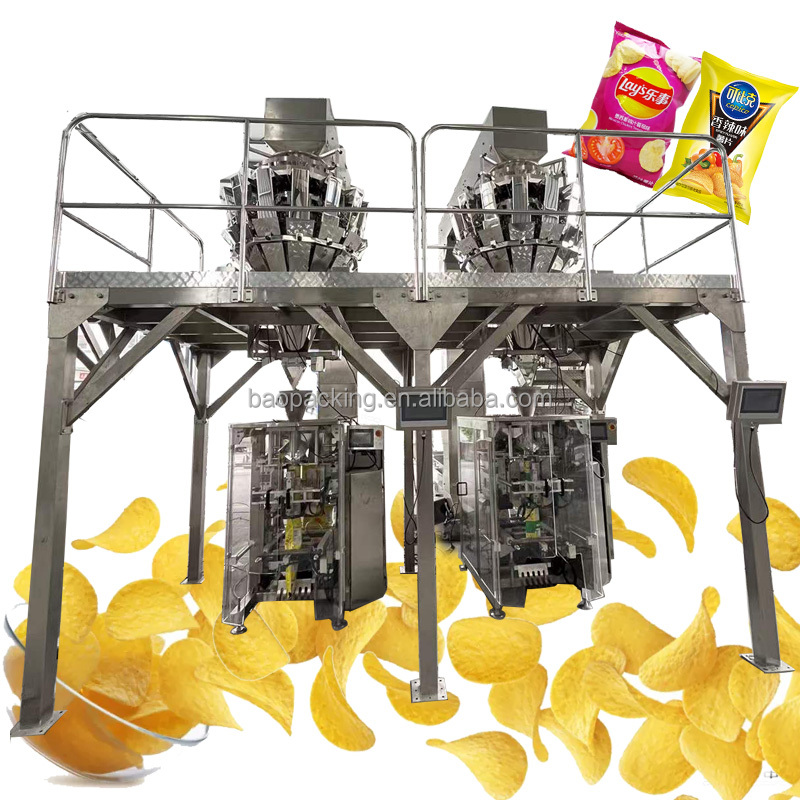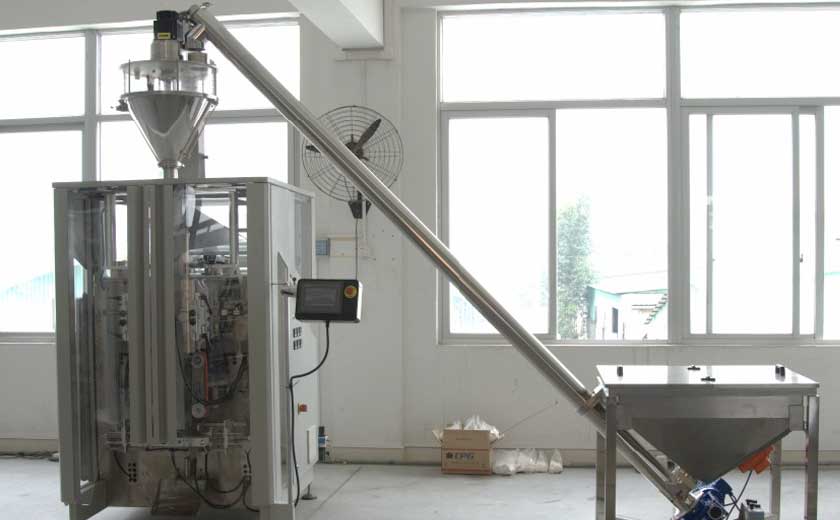Ensuring Compliance in Fruit Juice Pouch Filling Operations
Fruit juice manufacturers must adhere to stringent regulations and standards to ensure the safety and quality of their products. Filling operations, in particular, require meticulous compliance to prevent contamination and maintain product integrity. This article explores the essential aspects of ensuring compliance in fruit juice pouch filling operations.
Compliance with Food Safety Regulations
The food industry is strictly regulated to protect consumers from harmful bacteria and other contaminants. Manufacturers must comply with regulations such as the Food Safety Modernization Act (FSMA) and Good Manufacturing Practices (GMPs). These regulations mandate the implementation of preventive controls, sanitary practices, and record-keeping to minimize risks associated with foodborne illness.
Process Validation and Monitoring
Process validation is crucial to ensure that filling operations consistently meet established criteria. Manufacturers conduct thorough validation studies to verify that equipment, processes, and controls are functioning as intended. This involves identifying potential hazards, establishing critical control points, and implementing monitoring systems to ensure that juice purity, quality, and safety are maintained throughout the filling process.
Equipment Sanitation and Maintenance
Proper equipment sanitation and maintenance are essential to prevent contamination. Filling machines, conveyors, and other equipment must be regularly cleaned and disinfected to eliminate bacteria and other microorganisms. Preventive maintenance programs should be implemented to ensure that equipment is in good working order and calibrated to meet specifications.
Environmental Monitoring and Control
The filling environment should be carefully monitored and controlled to minimize the risk of contamination. Temperature, humidity, and air pressure must be maintained within acceptable ranges to prevent condensation, mold growth, and other environmental hazards. Antimicrobial interventions, such as UV light or ozone treatment, can further enhance hygiene in the filling area.
Traceability and Record-Keeping
Traceability is crucial for product recalls and safety investigations. Manufacturers must establish a comprehensive traceability system that allows them to track each pouch of juice from raw material receipt to finished product distribution. Records of all filling operations, including batch numbers, production dates, and quality control tests, must be maintained for regulatory compliance and audit purposes.
Training and Operator Competence
Personnel involved in filling operations must be adequately trained and competent to perform their tasks safely and effectively. Training should cover food safety principles, operating procedures, and emergency response plans. Regular competency assessments should be conducted to ensure that operators maintain their proficiency and adhere to established protocols.
Audits and Inspections
Regular audits and inspections are necessary to verify compliance and identify areas for improvement. External audits by regulatory agencies or third-party auditors can provide independent assessments of filling operations. Internal audits should be conducted periodically to ensure that compliance is maintained and that corrective actions are taken as needed.
By adhering to these comprehensive measures, fruit juice manufacturers can ensure compliance with regulations, protect product quality, and maintain the safety and integrity of their products for consumers.
-

Overview of Packaging Machine Buying Guides
08-01-2024 -

How Does a Vertical Form Fill Seal Machine Work?
30-10-2023 -

Advancements in Auger Powder Filling Technology
27-10-2023 -

A Deep Dive into Automatic Packaging Machines
26-10-2023 -

The Revolutionary Fully Automatic Potato Chips Packaging Machine
20-09-2023 -

How to choose the right packaging machine?
23-08-2023 -

Reducing Waste And Maximizing Yield With Multihead Weigher Machines
15-03-2023 -

Nuts Packaging Machine for Dry Products Perservation
26-11-2022 -

Is Automated Biscuit Packaging Machine Better Than Manual Opeartion?
25-11-2022





